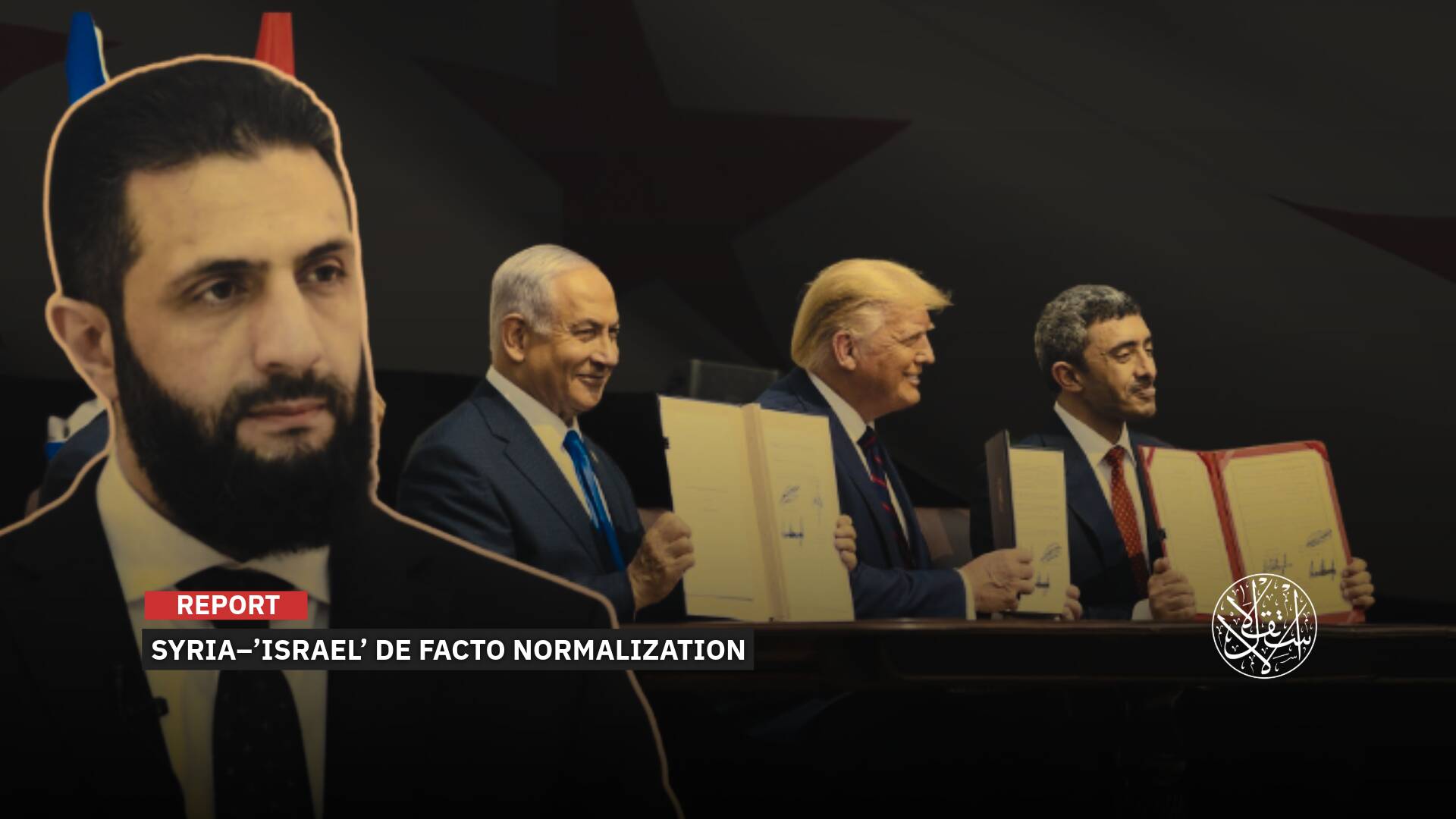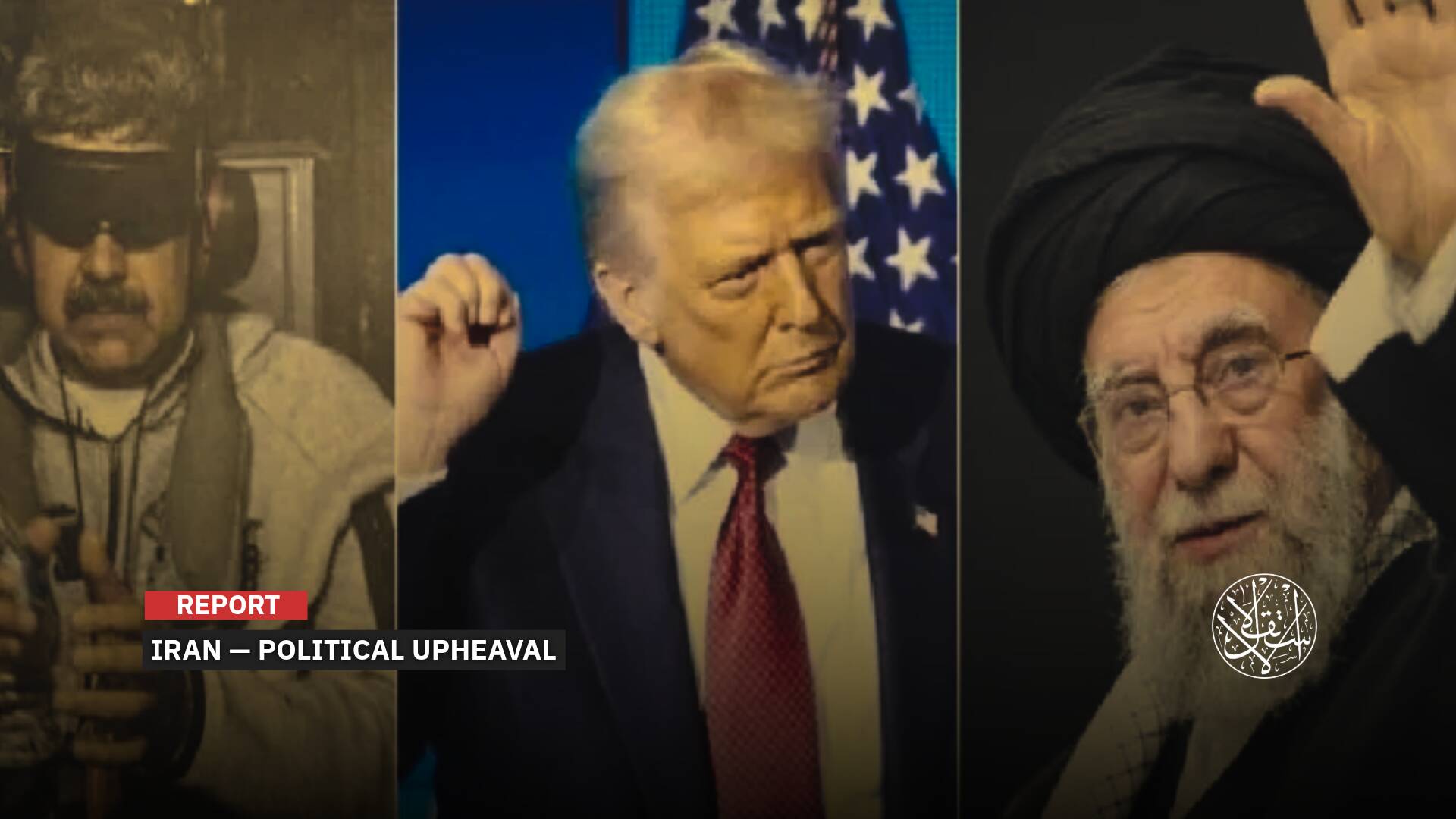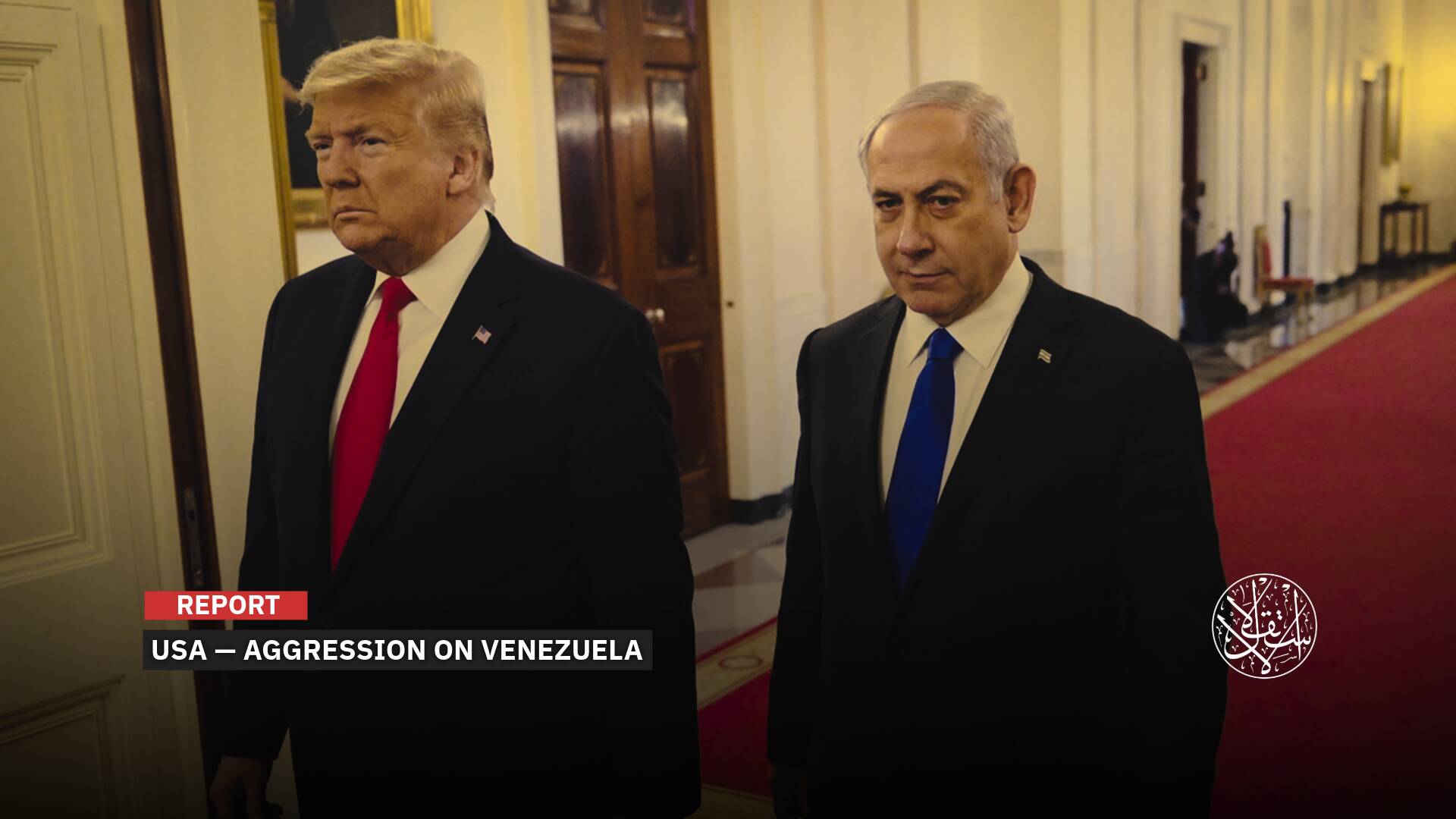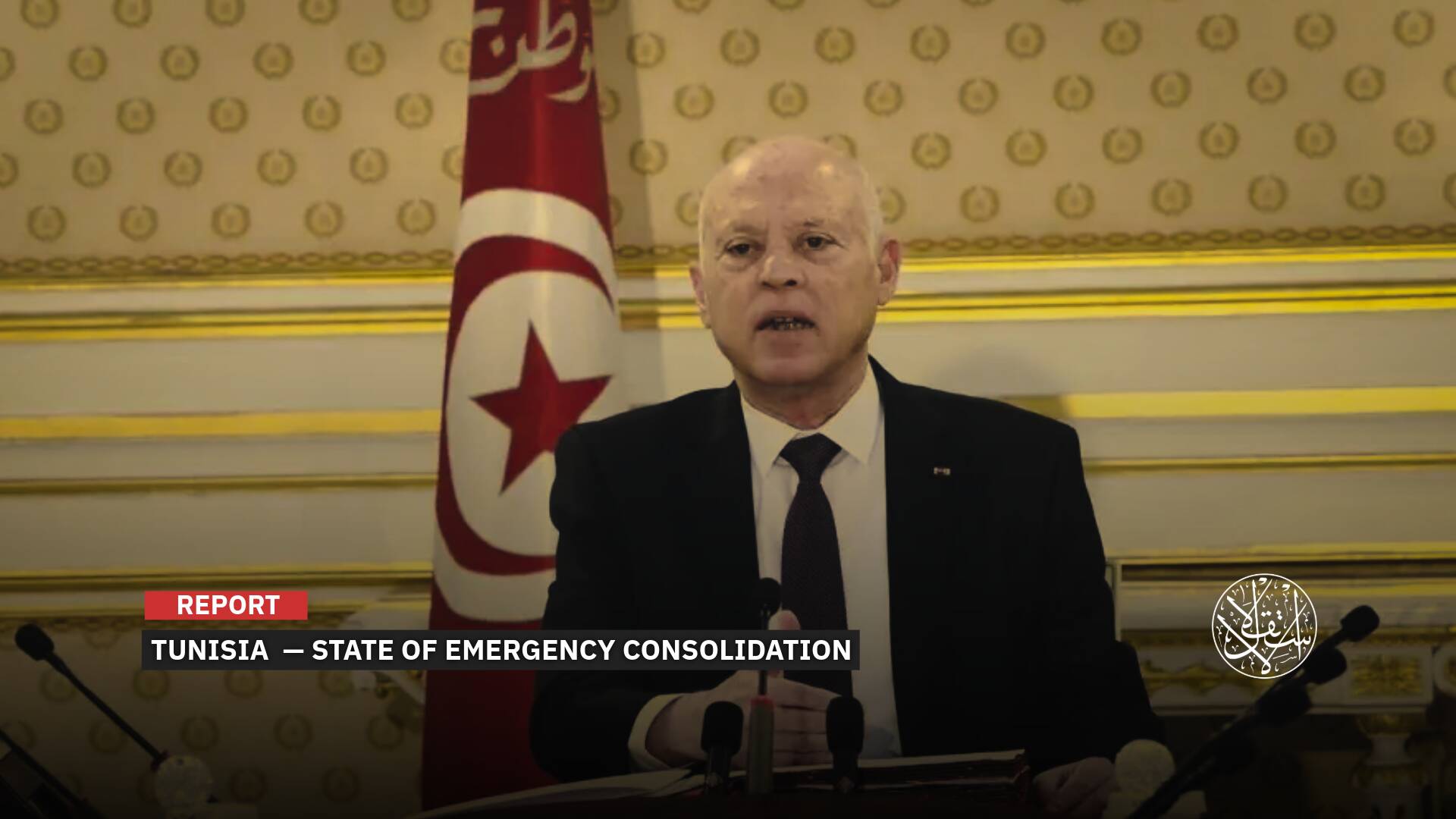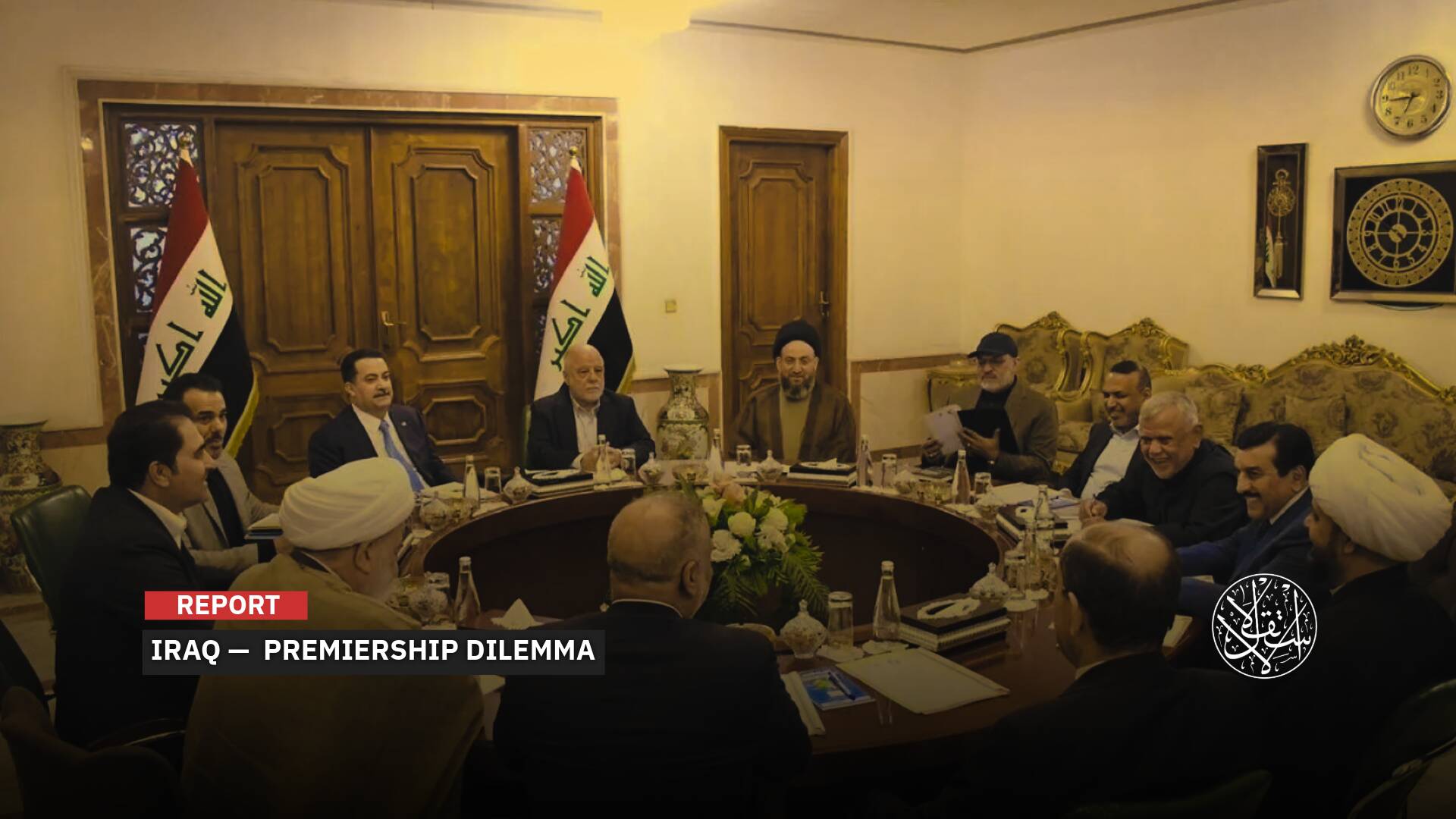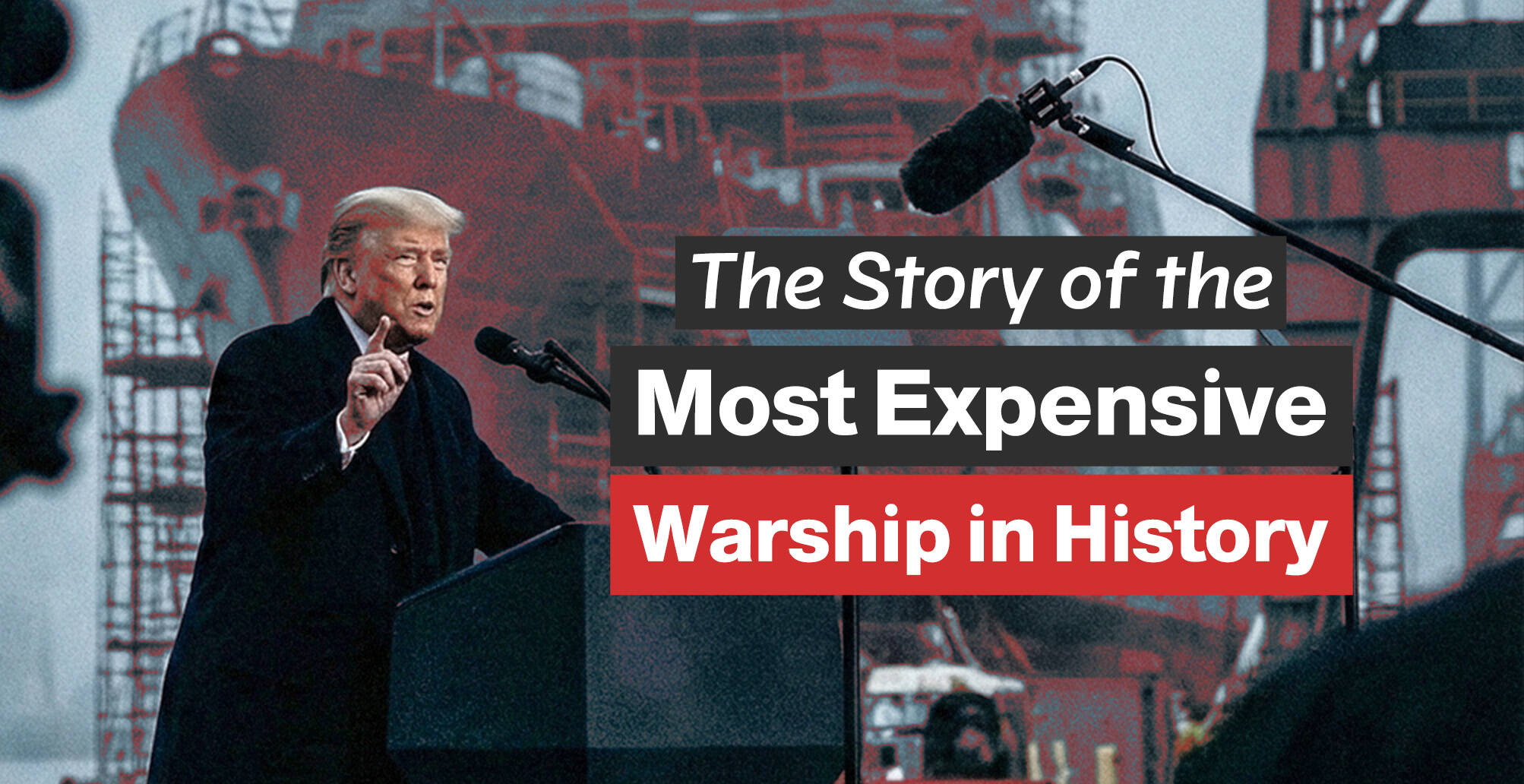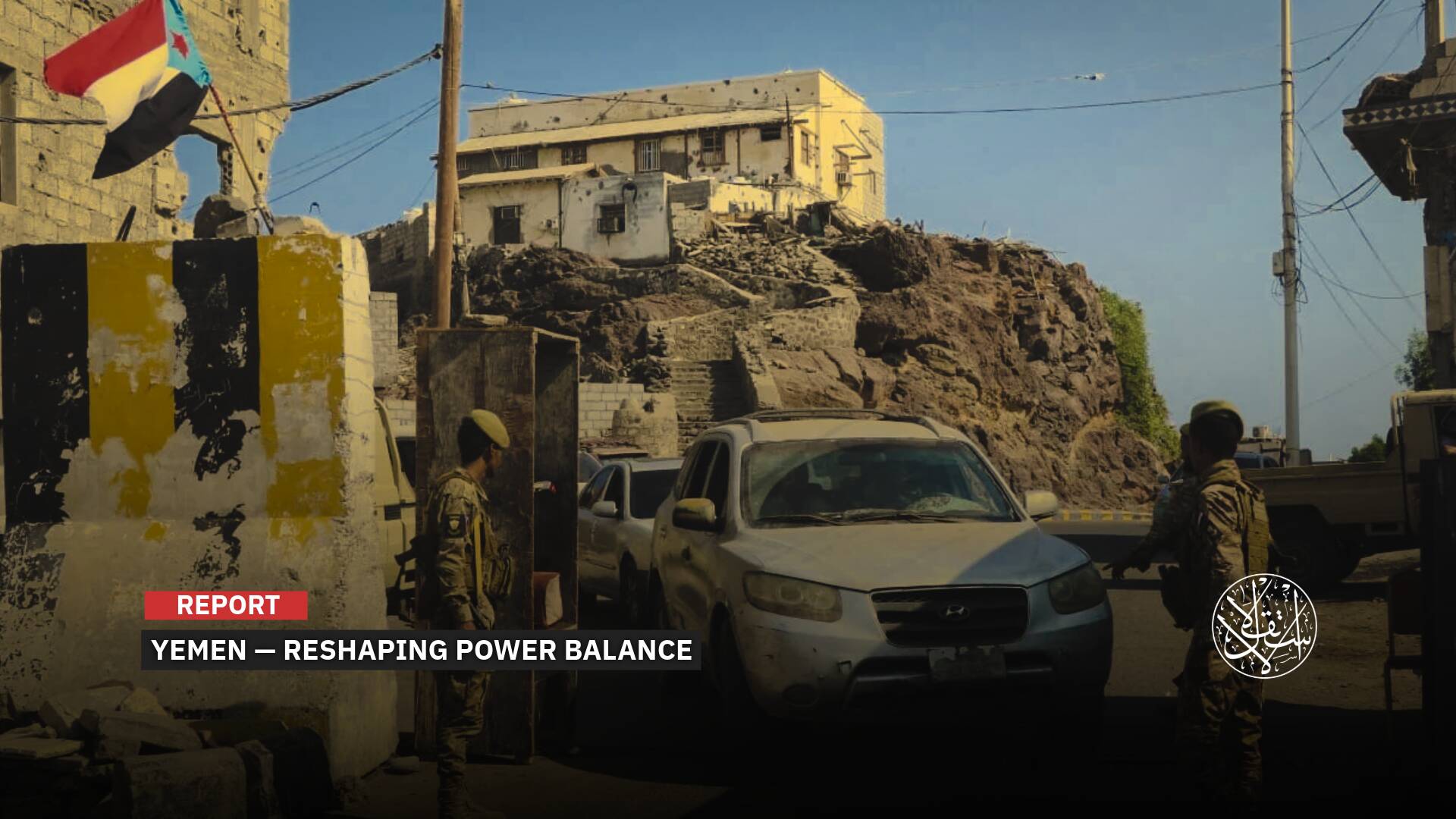What Drives Netanyahu to Prolong Genocide in Gaza Into 2026?

The ongoing war on Gaza has given Netanyahu time to shore up his coalition.
As opposition grows within “Israel’s” political and military circles, Prime Minister Benjamin Netanyahu insists the war in Gaza will continue past October 2025, according to leaks reported by international outlets.
The aim, his critics say, is to turn Palestinian blood into political capital, stretching the aggression into a bridge toward the 2026 elections, even at the cost of prolonging an unprecedented humanitarian disaster in Gaza and further straining an already exhausted army.
The slaughter in Gaza is no longer just “a military clash” between the Israeli Occupation army and the Palestinian Resistance. It has become a war against time, with Netanyahu setting the pace of bloodshed and fire.
Dissenting voices within the Israeli Occupation are growing louder. Retired generals, security chiefs, and politicians are warning that the war is bleeding the army and the economy and pushing “Israel” into a strategic dead end.
Netanyahu is betting that the length of the genocide will buy him what his tanks have failed to deliver: a chance to cling to power and delay the reckoning over his military and political failures and the corruption cases shadowing him.
Gaza, with all its suffering and devastation, has thus become hostage to Netanyahu’s electoral timetable, in a war that has drifted far beyond its stated “objectives” and turned into a personal war for survival, even if it means a city reduced daily to rubble under siege and bombardment.
Leaks from Within
In recent weeks, political and media escalations have pointed to Netanyahu's deliberate push to prolong the war on Gaza past October 2025, taking advantage of the collapse in negotiations with Hamas after he breached the ceasefire agreement signed on January 17.
He has since reframed his terms for ending the genocide, placing on the table demands that strike at the core of the Palestinian issue. These include the disarmament of resistance groups, the handover of captives, the redeployment of Israeli Occupation forces inside Gaza, and the imposition of security and administrative arrangements that entrench Israeli control, paving the way for permanent occupation and forced displacement.
Leaks from “Israel’s” own security establishment, reinforced by comments from Strategic Affairs Minister Ron Dermer published by Fox News on August 7, suggested the war on Gaza could stretch into next year, possibly until the 2026 elections.
That timeline would give Netanyahu the opportunity to present himself to voters under the banner of “military victory,” whether by imposing outright surrender on Palestinians and reoccupying Gaza, or by framing any eventual ceasefire as the fruit of “crushing Hamas’s capabilities” and neutralizing the threat to “Israel.”
On August 11, the Washington Post revealed mounting tensions between Netanyahu and senior military leaders over his determination to prolong the aggression by any means, even at the risk of an open clash with “Israel’s” security establishment.
According to current and former officials and government advisers quoted by the paper, a plan put before the security cabinet envisions Israeli forces, who already control nearly three-quarters of Gaza, pushing into Gaza City, the last major urban center beyond their grip.
The proposal calls for seizing another 10 percent of the territory and driving the entire city’s population into the remaining 15 percent of land, where hundreds of thousands are already enduring catastrophic conditions.
The plan, favored by Netanyahu and his far-right allies, has been described as more dangerous and bloodier than the approach advocated by Chief of Staff Eyal Zamir and senior officers, who prefer encircling the city and striking from the outskirts while avoiding full occupation of the Strip.
A compromise was eventually reached that stopped short of total control of Gaza, reflecting the military’s success in restraining Netanyahu’s push for a decisive takeover.
The Washington Post noted that the decision came less than 12 hours after Netanyahu told Fox News he intended to occupy all of Gaza, a declaration that stirred the ire of “Israel’s” farthest right.

Netanyahu and Zamir
The paper quoted Nimrod Novik, a former adviser to the late prime minister Shimon Peres, as saying that if the government ordered a full occupation of Gaza over the objections of the chief of staff, it would mark the first time “Israel’s” political leadership ignored the unanimous judgment of the security establishment.
The report noted that the war, now in its 22nd month, has killed more than 61,000 Palestinians. Inside Gaza, 20 Israeli captives are believed to remain alive as aid deliveries face a crippling blockade imposed since March 2025, deepening the humanitarian disaster.
For weeks, daily leaks in the Hebrew press have pointed to mounting pressure by Netanyahu and his ministers on Chief of Staff Eyal Zamir to seize the entire territory. Zamir has repeatedly warned of the risks to soldiers’ lives and the immense burden of governing Gaza.
At the same time, more than a dozen former generals, intelligence chiefs, and police commanders launched a public campaign in a video message urging an end to the war. The army also released excerpts of an internal address by Zamir in which he stressed that “the culture of debate is an inseparable part of the history of the Jewish people” and vowed that the military would keep voicing its position “without fear.”
Netanyahu, however, defended his decision to send troops into Gaza City. He dismissed the generals’ preference for a grinding war fought from “defensive positions” as a strategy that “has failed.” In a defiant remark he declared, “We have a country with an army, not an army with a country,” underscoring his determination to press on with the war even against near-unanimous military opposition.
An aide to Netanyahu told the paper that taking Gaza City was essential to weakening Hamas’s grip on the population and eliminating its remaining senior leaders. It would also clear the way for “tribal leaders” loyal to “Israel,” a reference to controversial figures such as Yasser Abu Shabab, whom both Palestinian and Israeli sources accuse of stealing humanitarian aid while collaborating with the Israeli Occupation.
The Washington Post noted that six months ago, Netanyahu appointed Zamir to lead the army, hoping for “a more aggressive approach.” However, after Zamir took command, the surrounding generals persuaded him of the dangers and costs of a full occupation.

Netanyahu’s Motives
The New York Times reported on July 25, 2025, that the length of the aggression on Gaza is not just a military calculation or a bargaining chip. For Benjamin Netanyahu, it is bound up with his political survival and his ability to avoid trial.
As head of a fragile coalition dependent on far-right ministers, Netanyahu risks unraveling the government if he accepts an early ceasefire. Allies like Finance Minister Bezalel Smotrich and National Security Minister Itamar Ben-Gvir would consider any pause as a retreat from their goal of fully occupying Gaza or rebuilding settlements there.
Collapse of the alliance would trigger elections that polls suggest Netanyahu would lose, stripping him of the power to remove the attorney general overseeing his corruption cases. He denies the charges, but they hang over both his political legacy and his personal future.
The Times described one cabinet meeting in which an aide suddenly entered carrying a paper outlining new terms for a potential truce. At that moment Smotrich was railing against any deal with Hamas and renewing his call to expel most of Gaza’s Palestinian population.
That stance reflects the wider mood inside the far-right bloc, which views the continuation of war as a historic chance to reshape Gaza’s political and demographic reality.
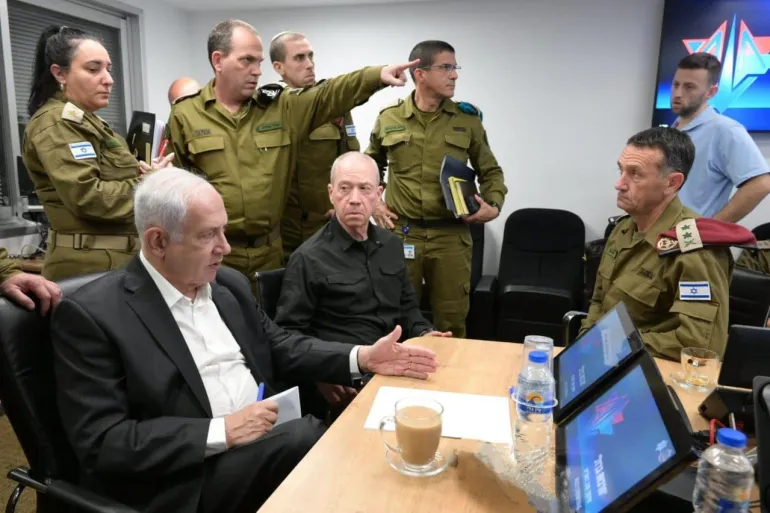
Netanyahu’s Calculations
The New York Times noted that Netanyahu now shuttles between the courtroom, where he attends up to three weekly hearings in his corruption trial, and cabinet meetings, where his government is working to dismiss the attorney general overseeing the case.
The continuation of the aggression has bought him time to cement his coalition, reset the priorities of the domestic agenda, and rally public opinion around security concerns despite mounting international condemnation.
According to the paper, Netanyahu’s personal calculations cannot be separated from “Israel’s” broader internal crisis.
In the months before the war, the country was riven by mass protests against a government plan to weaken the judiciary. Hundreds of thousands took to the streets every week, with growing numbers of reservists among them.
At the same time, “Israel’s” global standing had sunk to unprecedented lows. The International Court of Justice was hearing charges of genocide, while the International Criminal Court had issued a warrant for Netanyahu’s arrest.
Even so, the Times argued, the man blamed for one of “Israel’s” worst political and security disasters has secured one clear outcome from the prolonged war: he has survived politically.
If the aggression on Gaza drags on, Netanyahu now has a strong chance of staying in power through the 2026 elections and perhaps even winning them, approaching 77, whatever the cost to Palestinians, Israelis, or regional stability.
Sources
- Clash over Gaza plan exposed rift between Netanyahu and military brass
- Israel’s Gaza policy is viciously cruel — and strategically disastrous
- What does occupying Gaza accomplish for Israel?
- PM hints at disagreements with IDF: Israel is a ‘country with an army, not an army with a country’
- IDF Chief Zamir says IDF not afraid to share opinions, notes culture of debate is core Israeli characteristic
- How Netanyahu Prolonged the War in Gaza to Stay in Power [Arabic]
- Why Netanyahu Is Afraid [Arabic]



